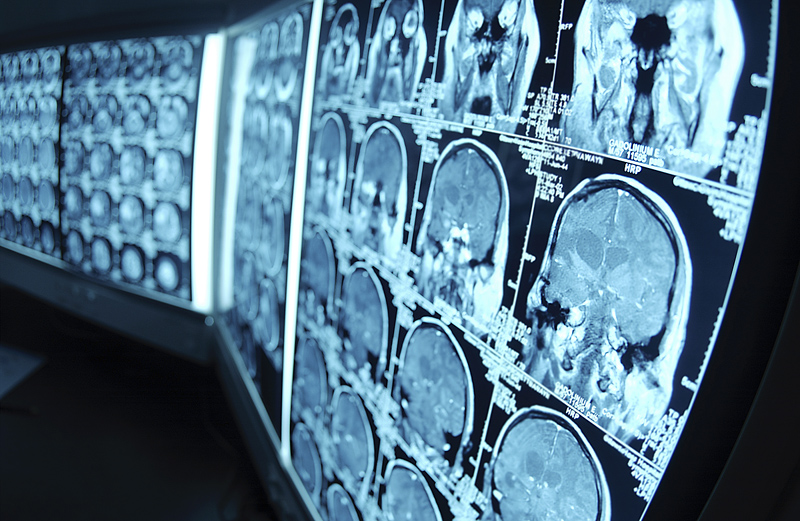
WEDNESDAY, Nov. 13 (HealthDay News) — Pain in the surgical incision site might contribute to the temporary memory and learning problems that can occur after surgery, according to a new study performed on mice.
Up to 80 percent of surgical patients in the United States have some level of pain after surgery, and several studies have suggested that such pain could cause problems with thinking ability after surgery.
To investigate the possible connection, Massachusetts General Hospital researchers made small incisions on the mice’s paws while they were under general anesthesia. The mice were tested one, three and seven days after the procedure to see how sensitive their paws were to discomfort. The animals’ paws showed increased sensitivity to pressure at one and three days, but not at seven days.
Compared to mice with no incisions, those with incisions had poorer performance on some learning and memory tests at days three and seven, but not on day 30, according to the study, which was published Nov. 6 in the Journal of Neuroscience.
Thinking problems associated with incision-related pain occurred in middle-aged mice, while young-adult mice showed few signs of such problems, the researchers said.
The researchers also found that a subgroup of mice with incisions that were treated with local anesthetic after the procedure did not have the increased level of discomfort at the incision site nor the types of mental problems seen in the other mice with incisions.
This suggests that pain after surgery and not the incision itself contributed to the learning and memory problems.
“These findings suggest … that pain is one of the factors that contribute to the risk of [problems with thinking ability] in surgical patients — in addition to the surgery itself, anesthetics, sleep disturbance and other factors,” Dr. Zhongcong Xie, director of the geriatric anesthesia research unit in the Mass General department of anesthesia, critical care and pain medicine, said in a hospital news release.
“While postoperative [thinking-ability problems] may be temporary, it still can have a major impact on the quality of life of patients and their caregivers at a time when patients’ ability to participate in their own care is very important,” Xie said.
Scientists note that research conducted in animals often fails to provide similar results in humans. And this study showed only an association between post-surgery pain and memory problems; it did not prove a cause-and-effect relationship.
More information
The U.S. Agency for Healthcare Research and Quality outlines questions you should ask before surgery.
Copyright © 2026 HealthDay. All rights reserved.

